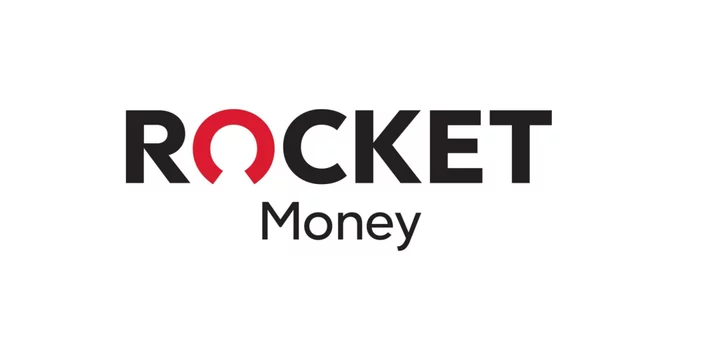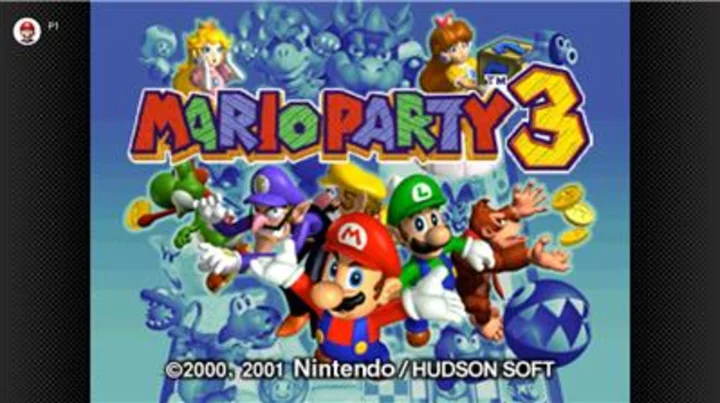This is the first time PCMag is reviewing Rocket Money, but it’s not a new app. It used to be called Truebill until Rocket Companies acquired it and changed its name. Rocket Money does plenty to help you get a handle on your money, and it's one of the best personal finance apps we've tested. It imports your financial transactions from multiple sources and supports the same kinds of money management features you get from Mint and other similar apps. Rocket Money does it all with an exceptional user interface and navigation system, and that kind of usability is critical for an app that must provide key financial data quickly. That said, our Editors' Choice winner for personal finance apps is Simplifi by Quicken because its tools for budgeting and managing your spending are a little better.
How Much Does Rocket Money Cost?
Rocket Money is free to download and set up, but most of its features are behind a paywall with an unusual and slightly misleading pay-what-you-wish price. At the time of writing, the app suggests $10 per month. The least you can choose is $3 per month, so it's not really pay-what-you-wish. And you get charged annually at that level, so you're looking at $36 per year minimum. Additionally, you might not even see $3 as the lowest option the first time you hit the paywall. In testing, the minimum was $4 per month until the second time the upgrade page popped up.
Mint is largely free to use but offers a $4.99-per-month Premium upgrade for a few enhancements on iOS only. Simplifi by Quicken costs $47.88 per year.
How Does Rocket Money Help Your Personal Finances?
Rocket Money does it all...at the Premium level. Perhaps most important, it provides information about your spending upfront. The first thing you see when you log in is your total spending for the current month compared with last month and your account balances. Your upcoming bills appear next, followed by recent transactions and the amount you have left to spend.
Rocket Money also tells you your credit score and net worth, and shows every transaction that takes place in your bank accounts and credit cards. It offers alerts and other notifications and highlights some of your financial data in charts. You can also sign up for a new bank account through the app to help, which I discuss in more detail later.
I used the free version of Rocket Money for a couple of weeks before I added Premium features to get what I wanted the most: the ability to track all my bank transactions and get an alert when there is unusual activity.
(Credit: Rocket Money)Rocket Money Is Easy to Use
I found Rocket Money easier to use than almost every other personal finance app. Its navigation tools are simple and understandable, and its interface is quite aesthetically pleasing. It gives you a clear set of icons, buttons, links, and a simple menu to get around.
Mint, conversely, would benefit from a reorganization and redesign of its many features. Quicken is organized well enough, but it’s been around so long that it feels cramped, and some of its pages look dated (although it’s still the best premium personal finance manager, especially if you micromanage investments). Simplifi by Quicken, which is much newer than Quicken, has managed to hold it together despite its rapid buildup of functionality.
How Does Rocket Money Help You Manage Transactions?
Once you set up an account with Rocket Money and connect it to your financial accounts, the app sends details about your money to three places in the app.
(Credit: Rocket Money/PCMag)1. The Transaction Register
First is your transaction register. Here, you can click on any transaction and a page opens with several options. You can add the transaction to your recurring transactions, mark it as tax-deductible, or remove it from your budgets or everywhere else. You can change the date, add a note, or split it. You also have the option to create a rule so that every other transaction with the same vendor name will be assigned to a category of your choosing, renamed, assigned to a bill, ignored, or designated as tax deductible. This level of detail is not matched by competitors.
2. Recurring Payments From Your Accounts
Second, Rocket Money identifies any transactions that recur, such as monthly streaming service fees, and displays them in a list. It asks if any of these transactions are subscriptions that you want to cancel—and then it helps you cancel them. If a bill or subscription is missing, you can add it. Rocket Money can also help you keep track of free trials so you can cancel them before you get billed for them.
If you decide that a recurring bill you pay is too high, Rocket Money can negotiate with the company to try and lower it. For this, Rocket Money charges a one-time fee equal to a percentage of the savings it negotiates. You can choose that percentage when you submit your request, anywhere from 30% to 60% of the first year’s savings, whatever you think is fair. Mint offers a similar service for 40% of the savings on that provider for the first 24 months. Neither charges for unsuccessful attempts.
3. Budgets
The third place your imported transactions go is into your budget. Rocket Money starts a budget for you by adding transactions that look like bills. You can expand your budget by selecting categories and adding more budgets. Each budget has a page that displays a six-month chart of your spending in that category and a link to related transactions. You can easily adjust your budgeted amounts. Budgets work fine in Rocket Money, but I prefer the way Mint lays them out.
(Credit: Rocket Money/PCMag)Lightweight Investments in Rocket Money
One area where Rocket Money could improve is in how it handles tracking and managing investment accounts. You can connect investment accounts to Rocket Money and see all transactions that take place in each of those accounts, but that's about all you can do.
Casual investors might be ok with it, but more serious investors should look to Quicken. Quicken can consolidate some of the information coming from all your investment accounts to help you keep track of, for example, how much you pay in fees. It also shows you graphs of your total investments in a way that can help you diversify your portfolio.
Your Credit Score in Rocket Money
Rocket Money doesn’t have the depth of information about credit scores that NerdWallet has, but it’s no slouch. You get a six-month graph of your score along with any related credit events, like opening or closing an account. You also see all the factors that go into calculating your credit score with a personalized grade for how well you do in each area—similar to what WalletHub, Credit Karma, and others do.
Rocket Money does include your credit report data for each account. Personally, this is all I’d need to see to feel like I understood my credit profile, so it's sufficient.
Your Net Worth in Rocket Money
Rocket Money calculates your net worth if you connect all your financial accounts and provide information about additional large assets you own, such as a home and vehicles. The app finds current values for them to include in the total.
(Credit: Rocket Money)Rocket Money's Banking Services
Earlier I mentioned that Rocket Money offers a bank account to help you save up money. It's a savings account called Rocket Money's Smart Saving that allows you to specify a goal or just put money aside. You link to it from a Rocket Money checking account and choose how much you want transferred and at what intervals. Or you can set it to Autopilot and let Rocket Money monitor your checking account and transfer a few dollars every few days.
The record-keeping aspect of this program is nice, but I don’t know why you would put money in a non-interest-bearing account when Credit Karma’s Money Save is offering 4.10% APY as of this writing.
Rocket Money also offers a Visa Signature card with 5% cash back on purchases that goes directly toward paying off your mortgage or helps you save for a new home. Note that PCMag does not evaluate financial accounts for recommendation.
Is Rocket Money Safe to Use?
Rocket Money uses the most up-to-date industry protocols for storing your data, including bank-level 256-bit encryption. The company uses Plaid to securely connect to financial institutions. Your online banking credentials never touch Rocket Money’s servers, nor are they stored by the company in any way. Your financial data will never be accessed or used by any other party. For more information, see Rocket Money's security page here.
Should You Spring for Rocket Money Premium?
If you’re strapped for cash, Mint is a close second to Rocket Money and is free to use, whereas you have to pay a few dollars per month to get all of Rocket Money's features. If you just want to track your bank accounts and get alerts about problems, the free version should serve you well. But the paid version adds a lot more, including your net worth, credit score, a list of recurring transactions to keep an eye on your subscription services, bill management and negotiating services, and excellent transaction management tools. Rocket Money makes it easy to consult your financial profile quickly, and it looks great doing it. The only place the app comes up short is in investment management, and if you need that in addition to everything else Rocket Money gives you, try Editors' Choice winner Simplifi instead.









